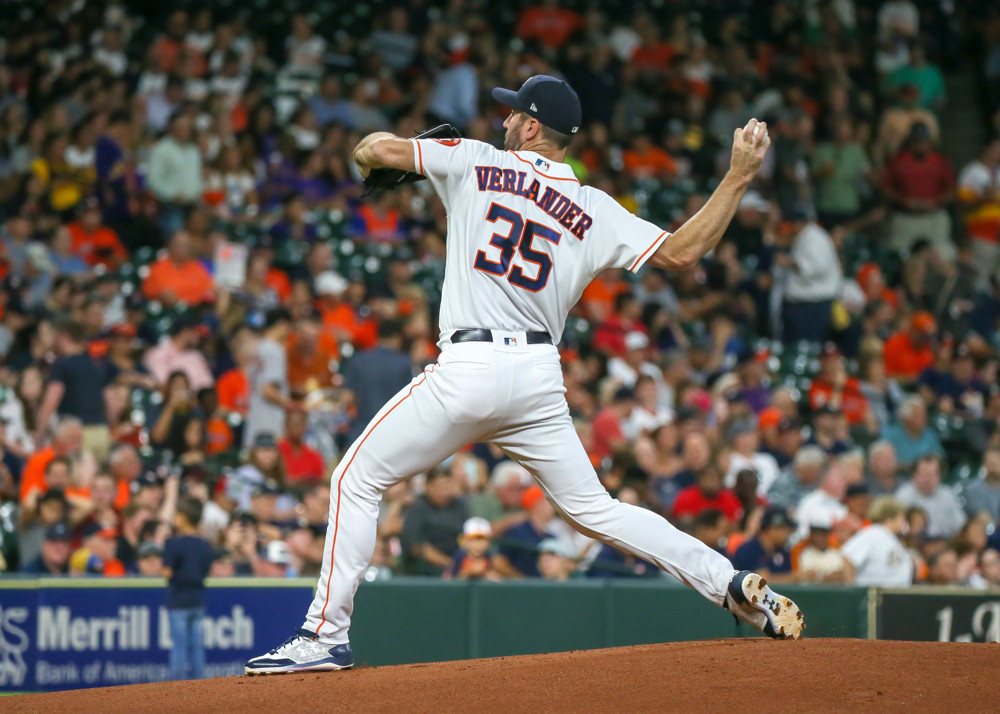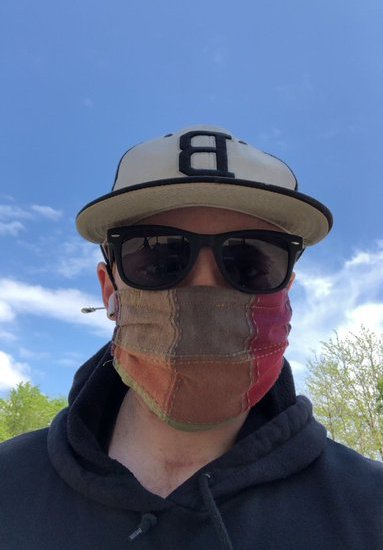Though it’s had nearly three weeks to sink in, there’s still plenty to be discussed about the hottest stove perhaps ever seen in the history of the sport (I wonder why that is…). That final three or for days pre-lockout were pure adrenaline, but the first really big fish of the offseason found dry land (don’t ask about this analogy) a week earlier when the Astros agreed to re-sign Justin Verlander to a two-year, $50 million contract that includes an opt-out after this coming season. Somewhat notably, however, the deal was not made official before MLB owners locked out their players, meaning Verlander remains technically a free agent until a new Collective Bargaining Agreement is in place. The reasons for the delay have not been made public, though it’s something to keep in mind as the offseason progresses.
Assuming Verlander does in fact return to the Astros, there shouldn’t be any concerns about a change in team fit or role on top of the gargantuan question mark that comes with existing as a 39-year old coming off Tommy John surgery with nearly 3200 big league innings on his arm. While there was some surprising buzz about his popularity in the clubhouse amid reports that Astros players “revolted” against having him throw the first pitch for a postseason game, it doesn’t seem to have been of enough consequence to prevent him from returning. The analytical symbiosis between Verlander and the Astros has been well-documented, and having gone 43-15 with a pristine 2.75 ERA over his two-plus years in Houston, it’s easy to see why the relationship would continue.

HOUSTON, TX – AUGUST 09: Houston Astros starting pitcher Justin Verlander (35) prepares to throw a pitch during the baseball game between the Seattle Mariners and Houston Astros on August 9, 2018 at Minute Maid Park in Houston, Texas. (Photo by Leslie Plaza Johnson/Icon Sportswire)
Unfortunately, that gargantuan question mark still supersedes all. There’s virtually no precedent for a player at Verlander’s age and performance level having Tommy John surgery: he’s only the tenth recorded pitcher to go under that particular knife at age 37 or later. The pre- and post-surgery numbers of those first nine players are not promising, although none of them had anything remotely close to Verlander’s pre-surgery performance level. As I said, this is virtually unprecedented:
Verlander reportedly hit the mid- to high-nineties with sharp secondary pitches in his pre-signing showcase earlier this month, which should be reassuring enough until we’re able to see him in game action come March (hopefully). That being said, it would be foolish to anticipate a return to his pre-2020 form. The last two to three months of the 2021 season showed us what happens when players see drastic year-over-year innings increases.
Steamer projects Verlander for 175 innings pitched with a 3.62 ERA and 3.6 fWAR/3.8 RA9-WAR, which is probably a reasonable estimation from a run-prevention standpoint. Even 29 starts and 175 innings might feel a little bit optimistic, though. The Astros are well-versed in what happens to pitchers throughout deep playoff runs, and even if his velocity is back in showcase outings, the decade-plus 200-inning workhorse chapter of Verlander’s career is likely closed.
In fact, part of the reason a return to Houston makes sense is that their pitching depth won’t necessitate pushing Verlander where he’s no longer able to go. Even with Lance McCullers Jr.’s availability next season in question due to an as-yet unrevealed elbow injury, Framber Valdez, Luis Garcia, and Jose Urquidy all project for 150+ innings, and Jake Odorizzi and Cristian Javier ought to be more than capable of supplementing them when needed. With a Carlos Correa return seemingly unlikely and the team with their lowest projected payroll since 2019, additional reinforcements to the rotation aren’t out of the question.
Both Verlander and the Astros ought to be better off with a renewed partnership, at least for one year. With the size of the commitments given to Max Scherzer, Robbie Ray, and Kevin Gausman, the Astros were unlikely to find similar upside at a price point they’d be comfortable with. And by essentially turning the second year into a player option, Verlander has succeeded in applying the playbook adopted by LeBron James and other NBA megastars by guaranteeing himself at least two years of security while retaining the flexibility to do the same next offseason, should his comeback be successful. The rest of the divisions might be hitting the gas pedal, but with Verlander in tow, the Astros are still the kings of the West — until they’re not.
This article will be updated to reflect any further developments in Verlander’s signing being made official.

